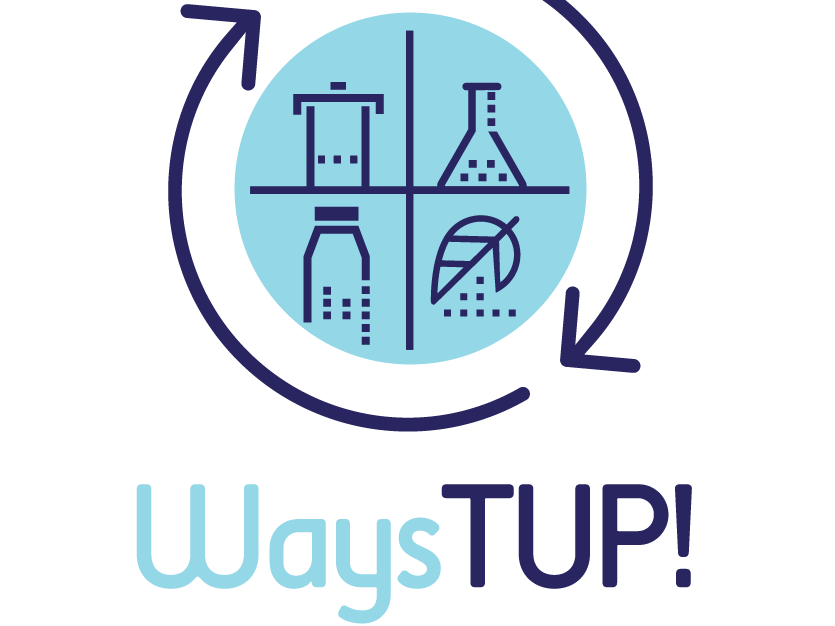Bio-waste is not waste anymore
Α high proportion of bio-waste still ends up in the mixed waste that is landfilled or incinerated. Recently revised waste legislation within the EU’s circular economy strategy has introduced a number of targets and provisions that will drive both the prevention and the sustainable management of bio-waste. Research and innovation increasingly explore the opportunities for using bio-waste as a new source of higher value products. Bio-waste can play an important role in the transition to a circular economy, by both preventing its generation and capturing its potential as a source of valuable secondary resources. Turning urban biowaste into a resource is major key to a circular economy. The WaysTUP! project aims to demonstrate the establishment of new value chains for urban biowaste utilisation through a multi-stakeholder approach in line with circular economy. WaysTUP! will showcase a portfolio of new “urban biowaste to biobased products” processes starting from different feedstocks, i.e. fish and meat waste, spent coffee grounds, household source separated biowaste, used cooking oils, etc. The processes will result in the production of food and feed additives, flavours, insect protein, coffee oil, bioethanol, biosolvents, bioplastics etc. Moreover, WaysTUP! will develop and implement a behavioural change approach with citizens and local communities by improving the current perception of citizens and local communities on urban biowaste as a local resource, enhancing the active participation of citizens in the separate collection of urban biowaste and improving customer acceptance of urban bio-waste derived products. New profitable business models will be developed preparing market entry of the technology solutions demonstrated, as well as of the end-products resulting from them. The project will also provide guidance to city managers on adopting new organizational models supporting the valorisation of urban biowaste, as well as evidence-based EU level policy recommendations for decision makers. Pilot demonstration will take place in Valencia, London, Alicante, Prague, Athens, L’Alcúdia, Terni and Chania. The identification of opportunities and barriers to utilisation of urban biowaste sources has already made valuable progress in WaysTUP! A laboratory analysis protocol has been successfully developed and a methodology for executing waste analysis campaigns in the pilots of the project. Moreover, the activities related to the development of a catalogue of urban biowaste valorisation solutions and good practices examples were initiated, as well as the conceptual framework for cataloguing the main barriers related to urban biowaste valorisation for biobased products was set. Regarding the preparation of the pilot operations, some WaysTUP! partners are currently setting the type and logistics for the feedstock they will use. Other partners are preparing construction works needed for their pilots, and the first small scale tests have been performed such as extracted coffee oil from spent coffee grounds from cafes. The work in regard of the evaluation of the pilots will begin once all pilots will be developed and tested. The objective of elaborating new business concepts along the urban biowaste value chains is to assess the market readiness, define and setup business models and marketing concepts and prepare market entry of the technology solutions. So far, the relevant project team is working on the analysis of the markets where WaysTUP! pilots are expected to be active in, examining among other things the market drivers and barriers to entry as well as the potential markets for deployment beyond the pilot stage. Furthermore, the policy framework to provide evidence-based recommendations at the EU level will be examined and a series of guidelines and directions on how local decision makers can best implement the WaysTUP! model will be produced.



